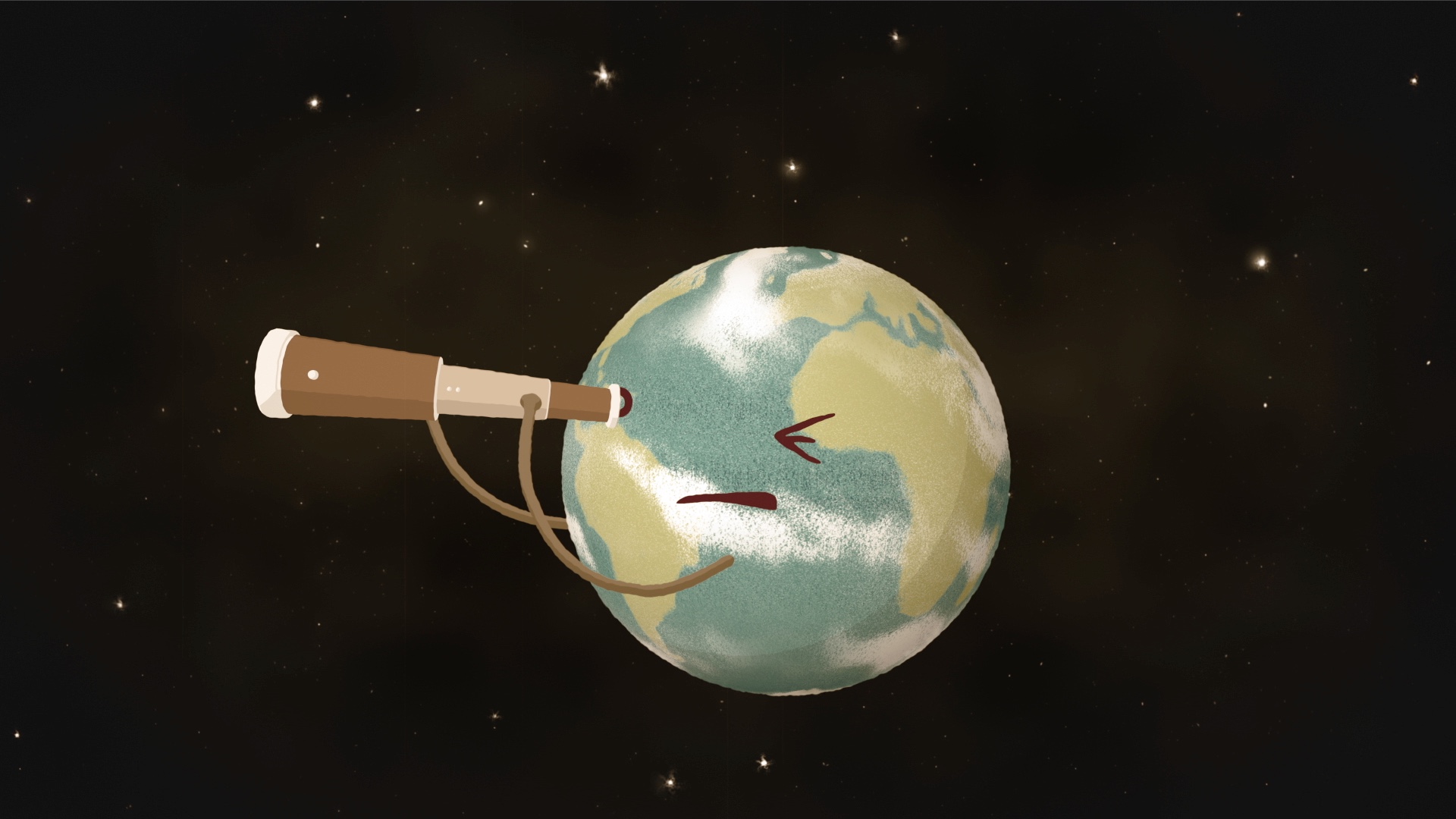New Brown Dwarf Found by NASA-funded Citizen Science Project

This illustration shows the average brown dwarf is much smaller than our sun and low mass stars and only slightly larger than the planet Jupiter.
Credit: NASA’s Goddard Space Flight Center
Rosa Castro finished her dinner, opened her laptop, and uncovered a novel object that was neither planet nor star. Therapist by day and amateur astronomer by night, Castro joined the NASA-funded Backyard Worlds: Planet 9 citizen science project when it began in February&emdash;not knowing she would become one of four volunteers to help identify the project's first brown dwarf, formally known as WISEA J110125.95+540052.8.
Since scientists published a paper about the discovery in late May, the project has identified roughly 75 additional candidates.
It's been roughly two decades since researchers first discovered brown dwarfs, and the scientific community opened its eyes to this new class of objects between stars and planets. Although they are as common as stars and form in much the same way, brown dwarfs lack the mass necessary to sustain nuclear fusion reactions. They therefore do not have the energy to maintain their luminosity, so they slowly cool over the course of their lifetimes. Their low temperatures also render them intrinsically dim.

Unlabeled version of above
Credit: NASA’s Goddard Space Flight Center

The newly discovered brown dwarf WISEA J110125.95+540052.8 appears as a moving dot (circled) in this animated flipbook from the Backyard Worlds: Planet 9 citizen science project.
Credit: NASA/WISE

The newly discovered brown dwarf WISEA J110125.95+540052.8 appears as a moving dot (indicated by the arrow) in this animated flipbook from the Backyard Worlds: Planet 9 citizen science project.
Credit: NASA/WISE

Unannotated version of the flipbook showing WISEA J110125.95+540052.8.
Credit NASA/WISE
Credits
Please give credit for this item to:
NASA's Goddard Space Flight Center. However, individual items should be credited as indicated above.
-
Producer
- Scott Wiessinger (USRA)
-
Science writer
- Francis Reddy (Syneren Technologies)
-
Artist
- Scott Wiessinger (USRA)
Release date
This page was originally published on Monday, July 17, 2017.
This page was last updated on Wednesday, May 3, 2023 at 1:47 PM EDT.
